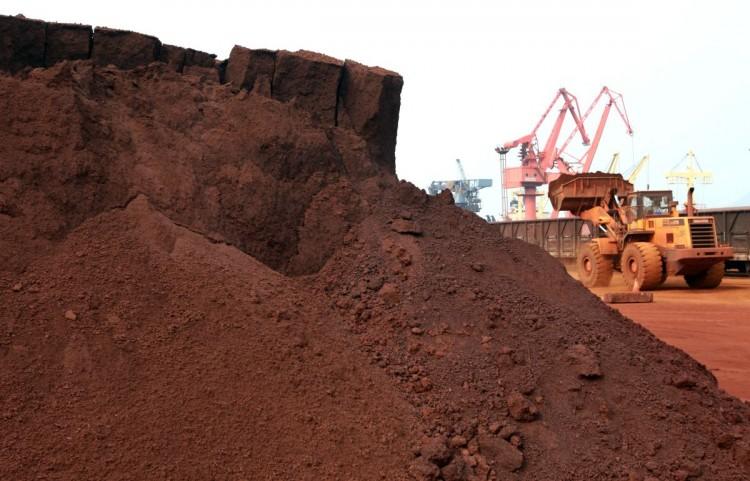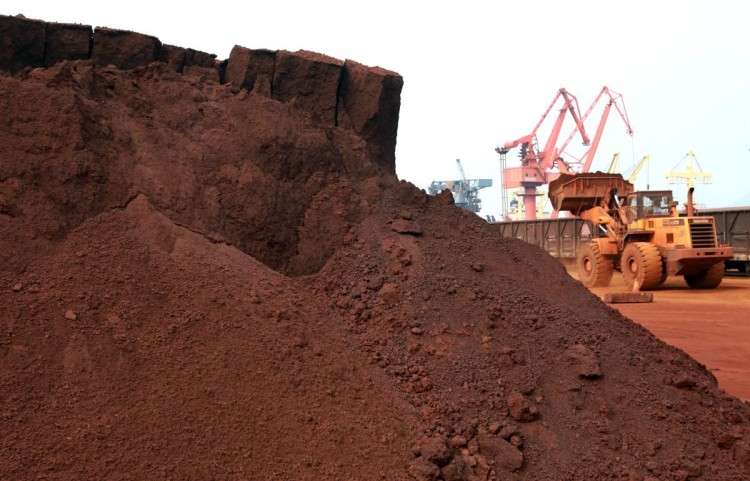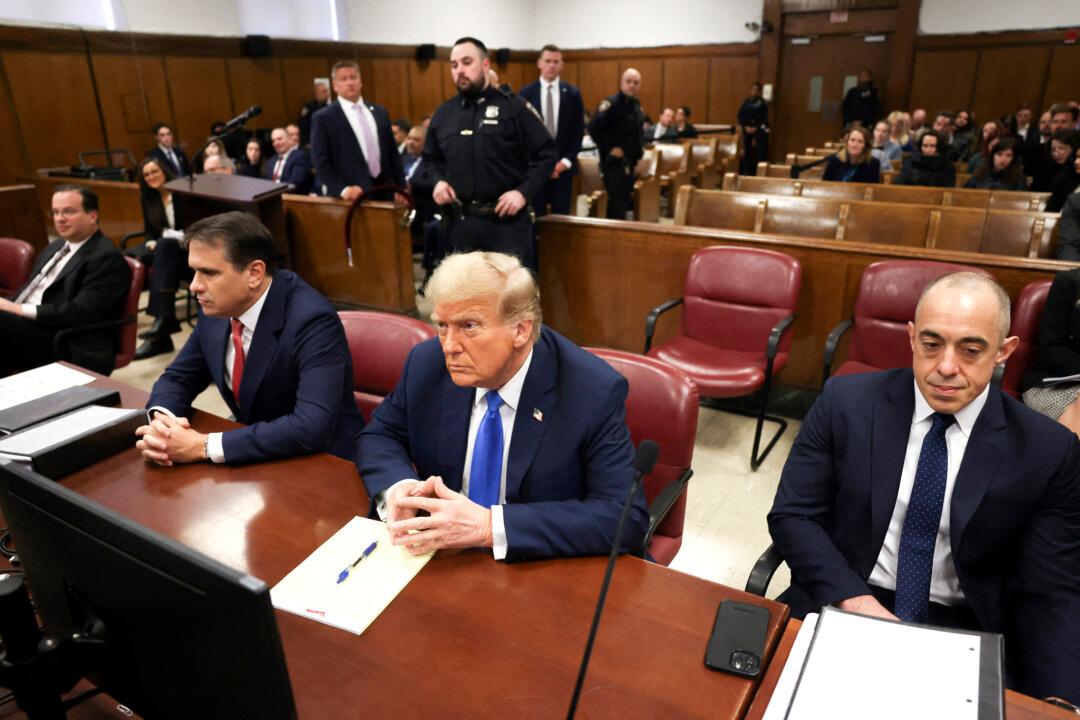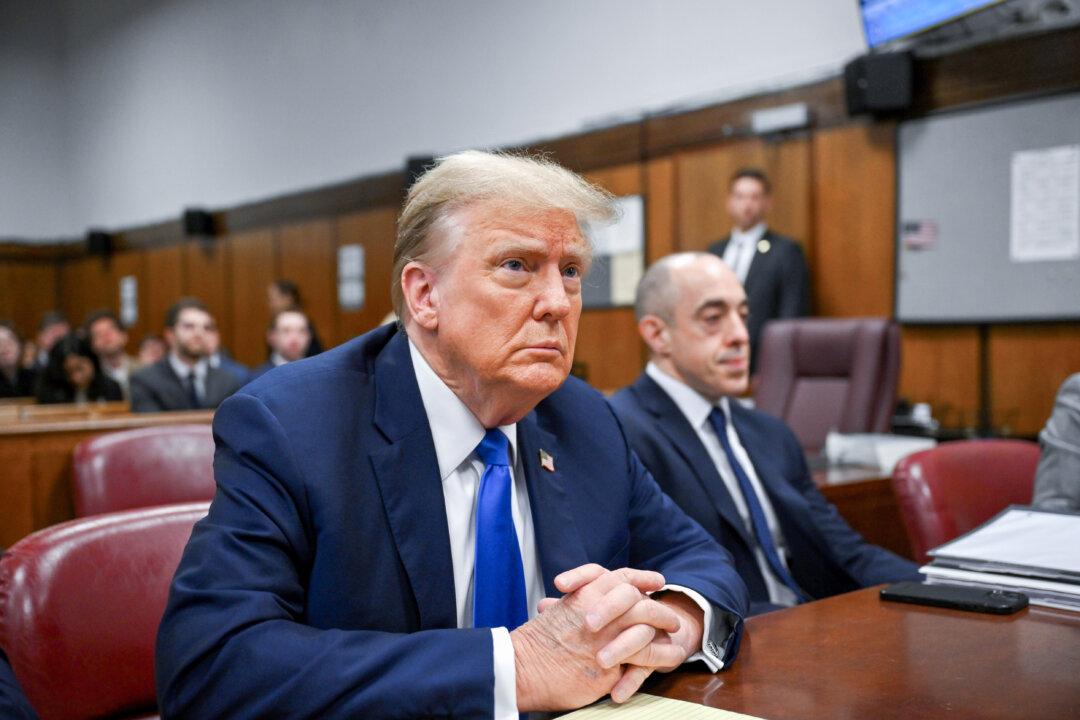State-owned Baotou Steel Rare Earths (Baotou) announced a production suspension on Oct. 17. During the shutdown, Baotou will also stop supplying raw materials to smelters and other enterprise partners, reported China Securities Journal on Oct. 19.
Baotou, with a 90 percent share, dominates the light rare earth market in northern China. The company has nearly a 60 percent slice of the global market.
Rare earth prices have risen quickly in China. The price of the lighter rare earths (La,Ce, Nd) tripled by early July compared to the beginning of this year, and the price of the medium and heavy rare earths (Ho, Er, Yb) nearly quintupled.
This rapid rise in raw materials has affected downstream industries like wind power, automotive, liquid crystal display and other applications. Many permanent magnet motor manufacturers (who need Samarium and Gadolinium) in China have cut production or shut down.
In the third quarter, demand dried up due to the soaring prices and rare earth prices began to decline rapidly. Compared with the highest price in the middle of the year, the price of lanthanum oxide had dropped about 15 percent, and cerium oxide, neodymium oxide, and praseodymium oxide had all decreased more than 20 percent.
In order to stop the price drop, Baotou intervened twice in one month. It started purchasing rare earths on Sept. 19.
Baotou began buying PrNb oxide at approximately $141,000 per ton, at the lower end of the price range for September, but prices kept dropping and are now below $125,300 per ton.
Chinese media reports say Baotou’s shutdown this time is to meet the controlled quota for total rare earth mining issued by the Ministry of Land and Resources. The quota for 2011 is 93,800 tons, including 80,400 tons of light rare earths and 13,400 tons of medium and heavy rare earths. However, early in July, some enterprises had already used up their quota for the whole year.
“The Awakening of the Rare Earth Industry Strategy in China,” published by China Science and Technology Fortune on Oct. 18, said that China has gradually adjusted its rare earth resources strategy in recent years and the measures adopted have enabled the upper tier of China’s rare earth manufacturers “to earn more in one year than in the past 10.”
The article also stressed that the Chinese state “has been fully aware of the importance of rare earths. China, after all, can still control the rare earth resources for a period of time.”
With regard to the halt in production by Chinese state-owned mines, many western media have expressed concern. The “Financial Times,” for example, published an article on Oct. 18, saying, “Baotou’s move suggests that Chinese efforts to control rare earths prices could be greater than previously thought.”
Read the original Chinese article.
[email protected]






Friends Read Free